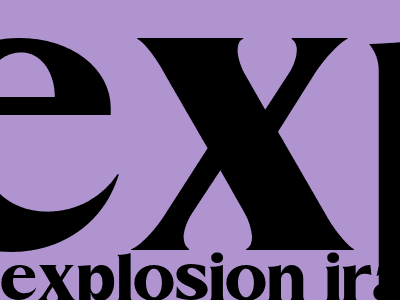
Explosion at Iran's Natanz Nuclear Facility
Background
On the morning of April 11, 2021, an explosion occurred at the Natanz nuclear facility in Iran, causing significant damage to the complex.
Details of the Explosion
The explosion is believed to have targeted a power distribution system that supplies electricity to the facility's underground centrifuges, which are used to enrich uranium.
The blast caused a blackout at the facility, disrupting operations and leading to a temporary suspension of uranium enrichment activities.
Official Response
Iranian officials have acknowledged the explosion and condemned it as an act of sabotage, blaming Israel for the attack.
Israel, however, has not officially confirmed or denied involvement.
Impact of the Explosion
The extent of the damage to the Natanz facility is still under assessment, but experts believe it will significantly impact Iran's nuclear capabilities.
The explosion is likely to delay Iran's progress toward developing nuclear weapons and could lead to increased tensions between Iran and the international community.
Political Implications
The explosion has sparked diplomatic tensions between Iran and Western powers, particularly the United States and Israel.
The incident has raised concerns about the stability of the region and the potential for further escalation.
International Response
The United Nations has expressed concern over the explosion and called for an investigation into the incident.
The United States and the European Union have condemned the attack and called on Iran to cooperate fully with inspectors from the International Atomic Energy Agency (IAEA).
Outlook for the Future
The long-term implications of the Natanz explosion are still unclear, but it is likely to have a significant impact on the future of Iran's nuclear program and regional security.
The incident highlights the importance of ongoing diplomacy and efforts to prevent nuclear proliferation in the Middle East.